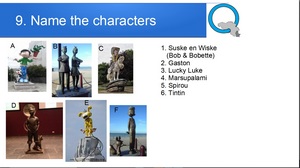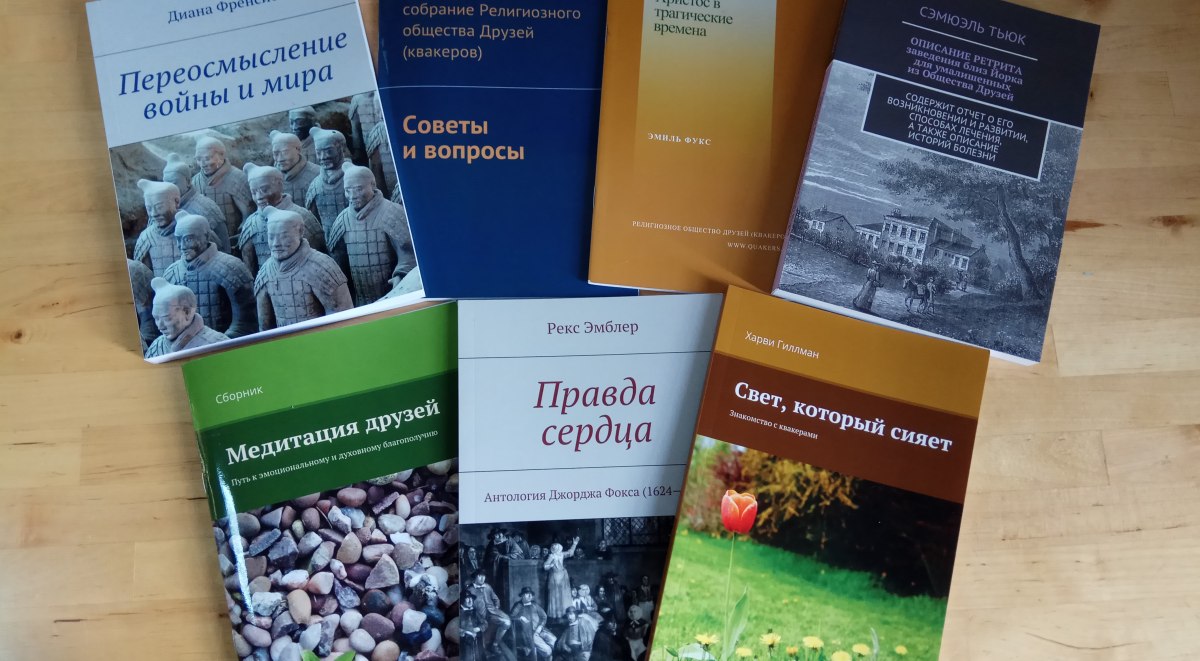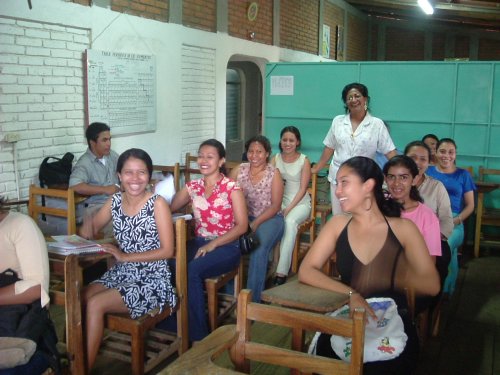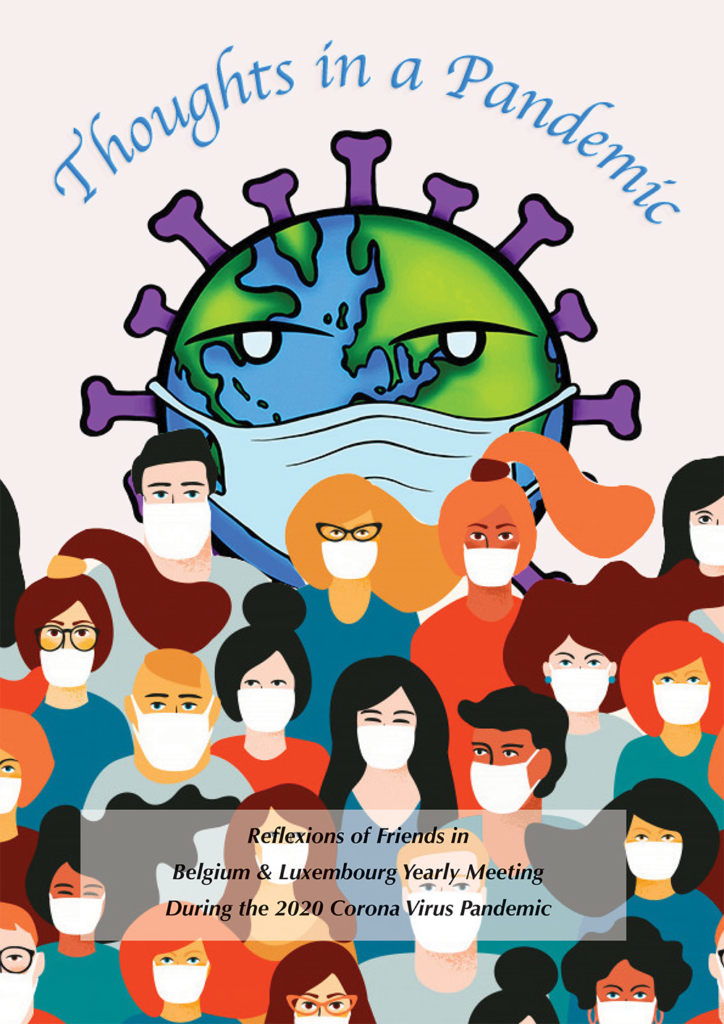Letting Our Lives Speak: Linking Quaker Theology, Spirituality and Social Action
To Friends everywhere,
We, Belgium and Luxembourg Yearly Meeting, held our ‘residential’ yearly meeting over the weekend of 10-11 October 2020, online via Zoom, due to the ongoing COVID-19 pandemic.
Our theme was ‘Letting Our Lives Speak: Linking Quaker Theology, Spirituality and Social Action’.
Although Friends regretted that the current situation prevented us from meeting face to face and enjoying informal social interactions in person, gathering online enabled geographically distant Friends to join us, including representatives from yearly meetings in Britain, Switzerland, Ireland and the Netherlands. Some 45 members and attenders were present, from Belgium and Luxembourg, as well as Germany, France, the UK and the USA.
No children attended this year’s online yearly meeting. Their joyful presence and participation were missed.
Our keynote speaker was Craig Barnett, member of Britain Yearly Meeting and author of The Guided Life. Craig reminded us to ‘Take heed…to the promptings of love and truth in [our] hearts’ (Advices and Queries 1). He used his own spiritual journey as an example of lived action from those promptings, reminding us that the teacher is within.
Testimonies are not externally imposed aspirations but rather are descriptions of where generations of Quakers have been led by the Spirit. There is no perfect Quaker. We each have our own unique purpose in the world and the Quaker Way leads us to discovering it. We bring our promptings to the Quaker community in our Meetings (Business, Threshing, Clearness, Experiment with Light, etc.) to help us discern what are true leadings.
A guided life is not necessarily a successful life. The life journey itself is more important than the goal, and along the way, weakness, failure and suffering can be powerful teachers. When faced with adversity, remain open and surrender. Vulnerability may open us to new leadings. For example, George Fox needed to feel despair himself so he could speak to the condition of others. Reflect on what you yourself have learned when led into areas of weakness.
Our second speaker was Anya Nanning Ramamurthy. Anya is a British Friend and climate justice activist who is engaged in the UK Student Climate Network. She has been inspired by historical Friends who acted on their beliefs. One in particular is the Quaker American civil rights activist Bayard Rustin, who encouraged ‘angelic troublemakers’ to use their bodies to ‘disrupt business as usual’. Quakers have upheld children and young people as leaders from our earliest days when children kept meetings going while adults were imprisoned.
Anya encourages Friends to recognise that we cannot work against climate breakdown without addressing inequalities and social injustices.
Friends from Belgium and Luxembourg Yearly Meeting shared testimonies on how they have been led by the Spirit to serve their communities in unexpected ways. In reaction to the mistreatment of Muslim students, Isfried Rodeyns was led to develop creative forms of inter-religious dialogue. Karen Lang’s life ‘master plan’ was disrupted by a series of chance encounters which led to unexpected opportunities for service in multiple areas including human rights education.
We have considered how the Spirit can lead us either to social action close to home, to ‘bloom where [we] are planted’ and ‘find [our] own Calcutta’, as St Francis de Sales and Mother Teresa were quoted in testimony — or how we may be led to venture wider into the world.
Margaret Fell wrote that the Light ‘will rip you up, and lay you open’. We need to remain open, to seek discernment of our promptings and follow our leadings. The journeys on which we are led are their own rewards.
Acceptance of our limits and being gentle with ourselves can help us to find authenticity in our lives and avoid ‘Quaker guilt’ at not doing enough. We can see ourselves as ‘well-oiled cogs’ in a bigger machine. We do not move, spiritually or physically, in isolation, but rather in concert with others. Our own movements affect and propel and perhaps inspire the movements of others. As a community of faith and searching we are all connected.
Corona times have provided us with challenges and unexpected opportunities. The crisis woke us up to our collective vulnerability and connected us with people of other times and places. Like George Fox at the precipice of darkness, accepting our own feelings of confusion, disorientation, fear, anxiety and the heartbreak of separation from loved ones allows us to persevere and serve others. The Quaker Way is an active, adaptable path, guided by the still, small voice, through fear to gratitude. Together with our neighbours we are slowly building the beloved community
Epistle from BLYM Residential Yearly Meeting 2019




